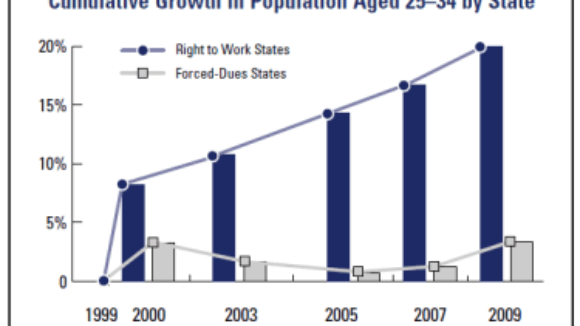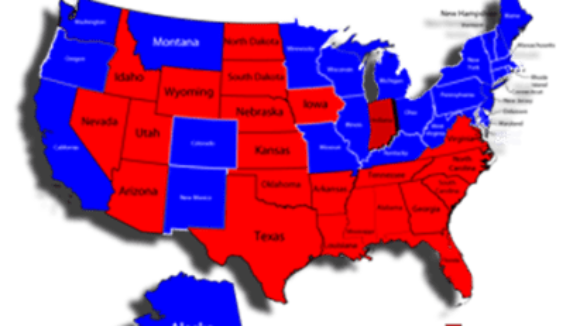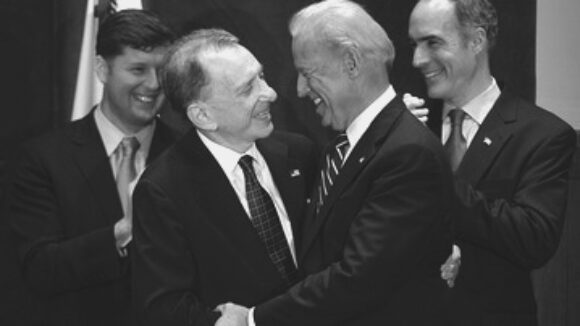By a vote of 225 to 140, the New Hampshire House concurred with the Senate’s version of the New Hampshire Right to Work Bill
New England Citizens for Right to Work Press Release: Right to Work Passes General Court Concord, NH – By a vote of 225 to 140, the New Hampshire House concurred with the Senate’s version of the New Hampshire Right to Work Bill (H.B. 474) today, sending the bill to Governor Lynch’s desk. Once Governor Lynch receives the bill, he has 5 days to either sign the bill into law, let the bill become law without his signature or veto it and send it back to the General Court, where it will take a two thirds vote of each house to override his veto. If the bill becomes law, New Hampshire would be the twenty-third state to pass a Right to Work law, which simply states that no worker can be forced to join or pay dues to a labor union just to have a job and feed their families. Right now, over 68,000 workers in New Hampshire are forced to pay union dues as a condition of employment. “A New Hampshire Right to Work law would simply restore workers' ability to decide for themselves whether or not to join or pay union dues or ‘fees’ to a union official,” said John Kalb, Executive Director of New England Citizens for Right to Work. Polls conducted in New Hampshire show that nearly 80% of Granite State citizens believe it is wrong to force workers to pay union dues just to get or keep a job. Governor Lynch has publicly stated his intention to veto the bill. Kalb said, “Governor Lynch has already promised his Big Labor benefactors that he will veto the Right to Work Bill. But if Right to Work supporters keep up the pressure, we have a good chance of overriding the Governor’s veto and making Right to Work the law of the land in New Hampshire.





